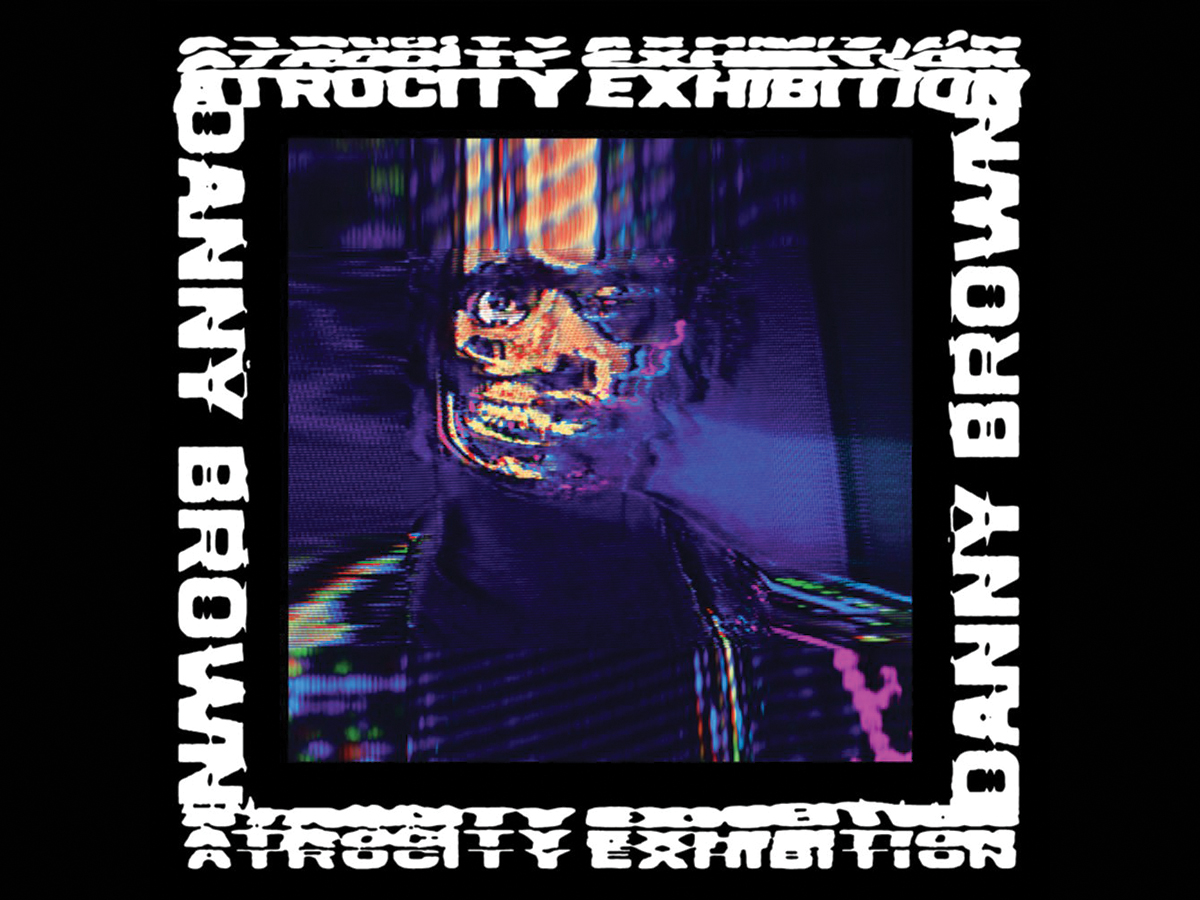
Detroit-based rapper Danny Brown is one of the most unique voices in contemporary hip-hop and his latest project, “Atrocity Exhibition,” is one of the most brilliant, thought-provoking albums of the year.
The eclectic artist’s main source of inspiration for this record is the leading track off of Joy Division’s second and final album, “Closer.” The song, “Atrocity Exhibition,” functioned as a window into Joy Division frontman the late Ian Curtis’ downward spiraling mental health and morbid Kafkaesque views.
Nearly 40 years later, Brown captures the heart of Joy Division’s post-punk classic and connects it to his own troubled life. In the process, Brown manages to transform it into a caustic genre-bending album that commands attention.
With “Atrocity Exhibition” — his self-proclaimed “career album” — Brown relentlessly unleashes some of his catchiest hooks and wittiest verses. From the get-go, opening track “Downward Spiral” is presented in a jazz-influenced off-kilter flow and timing that sets the tone for the rest of the album. The bass groove that kicks the song off brawls with the hectic percussion, culminating in a drug-like, dizzying chorus accented by a heavily distorted guitar. Dark and provocative yet often fun, Brown’s lyricism is loud and clear and unique as ever, with lines like, “Bought hope, can’t get change / lost my brain, going insane / self-medicate is how I cope / leave my body, soul go afloat,” illustrating his artistic trajectory with, “Atrocity Exhibition.” He references pop culture and important issues such as the dismal state of the “Motor City” without ever feeling contrived or inconsistent in tone or delivery.
Speaking in a normal, relaxed voice on songs like “Tell Me What I Don’t Know,” is an interesting divergence from Brown’s trademark style, although his earnestness is apparent and more successful on other songs even with his wild vocal delivery. Perhaps the most noteworthy quality of the album is the thematic weight Brown places on his mental health and state of being as a result of his upbringing in Detroit. However, no matter how vulnerable he presents himself, Brown still explodes with braggadocio and conviction that can make listeners forget that he is explicitly referencing a song about having one’s pain on display for everyone to witness. Some of the high-energy hits on this album like, “Ain’t It Funny,” seem less anthemic when you realize just where Brown’s headspace can go at times.
While Brown’s lyricism is deep and invites important discourse regarding mental health, the production on “Atrocity Exhibition” is standout. Not one to stick to a single style, Brown raps over a killer ‘90s boom-bap beat with Kendrick Lamar, Ab-Soul and Earl Sweatshirt on the richly glockenspiel-enhanced, “Really Doe,” and over the beautifully minimalistic bass-boosted production on, “When It Rain.” The samples here are top-tier and considering $70,000 was allocated to purchasing the rights to use the source materials, it is evident that Brown as an artist is dedicated to ensuring his art is portrayed exactly as he desires it to be.
In 15 songs, Brown not only cements himself as a top contender for best emcee in the current scene, but he brings important discourse to a mainstream audience in a manner unlike anyone else. Contorted, put on display for everyone to observe, Danny Brown echoes Ian Curtis’ cries, “I still exist.”








